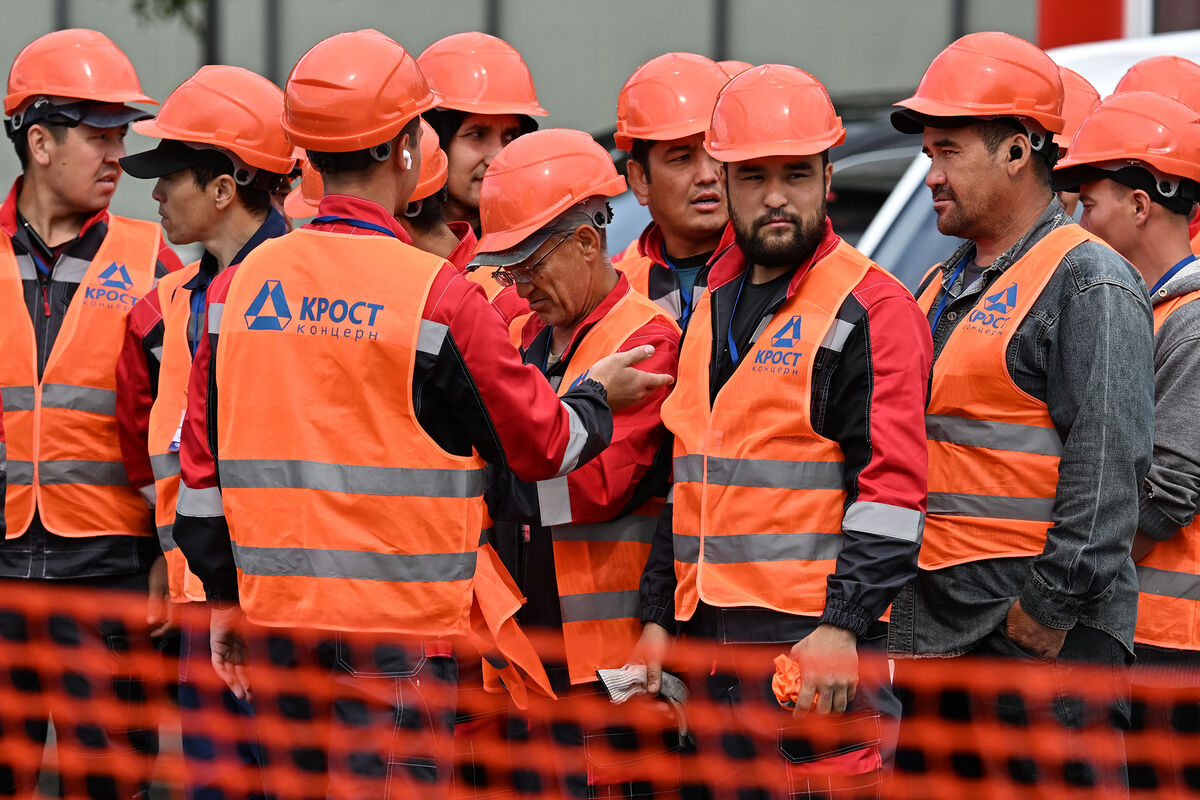Starting in 2025, the Tver oblast in Russia will broaden restrictions on migrant workers, expanding the list of professional sectors off-limits to foreign labor from 36 categories in 2024 to 82, news agency ASIA-Plus reports.

Expanded Restrictions in Tver Oblast
Under the new regulations, foreign labor will be prohibited in several critical sectors, including energy supply, water supply, wastewater management, computer manufacturing, and water transport operations. Additional restricted industries include publishing, television and radio broadcasting, software development, scientific research, tourism, veterinary services, and non-profit activities.
Certain agricultural roles, such as fisheries, meat and fish processing, dairy production, and bread manufacturing, will also be affected. Other sectors like electrical equipment manufacturing, vehicle production, and machinery repair are included in the expanded list.
Continued Restrictions and Increased Costs
The restrictions implemented in 2024 will remain in effect, barring migrant workers from fields such as education, healthcare, financial services, architecture, retail and wholesale trade, advertising, and administrative services. Work permit fees for labor migrants in the Tver oblast will also increase by 39.4%, reaching 14,973 rubles (around $140), the highest rate in Russia's Central Federal District.
Regional authorities stated that these measures are designed to create job opportunities for local residents and youth while addressing national security concerns. Governor Rudenya emphasized that input from businesses was considered, but the priority remains ensuring local employment and economic stability.
Broader Trends Across Russia
Other Russian regions have also introduced restrictions on foreign labor in key sectors. For example, the Irkutsk oblast will prohibit migrants from working in passenger transportation, trade, and education beginning in 2025. Similarly, the Omsk oblast has banned migrant workers from taxi services, food and alcohol trade, forestry, and pharmaceutical production.
Novosibirsk oblast imposed restrictions on 35 sectors, including education, food production, and public transport, while Tula oblast targeted taxi services and food establishments. Violations of these rules may result in fines of up to 1mn rubles (around $9,500) for legal entities and 50,000 rubles ($480) for officials.
Economic and Operational Implications
While regional authorities emphasize job creation and security, experts have raised concerns about the potential economic impact of these measures. Many industries reliant on migrant workers, such as transport and agriculture, could face operational disruptions and labor shortages.
Contrastingly, some regions, like St. Petersburg, have resisted bans on migrant workers in specific sectors, arguing that such measures could hinder city operations.
Comments (0)